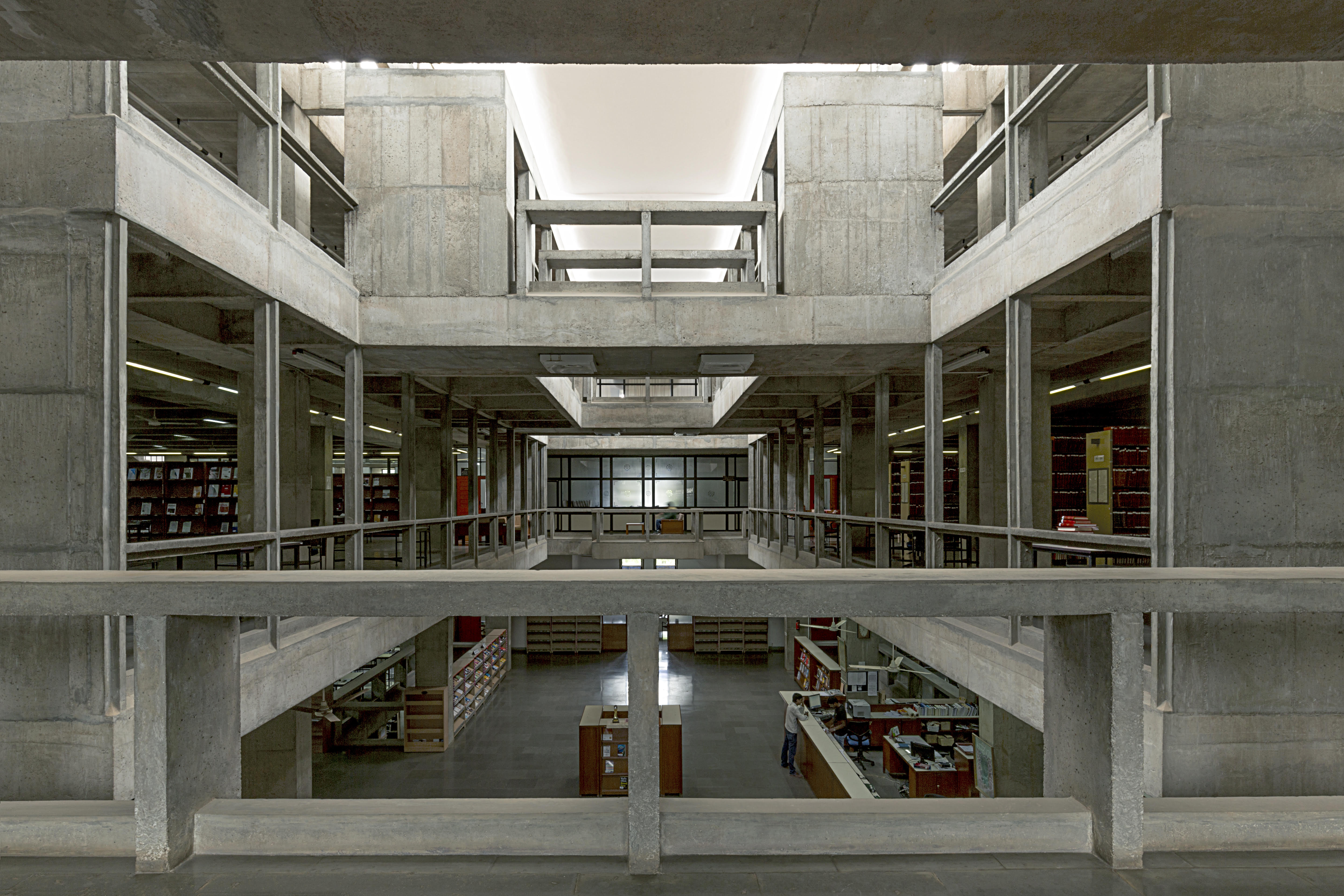
14.05.18 - Where you can watch the 2018 Pritzker Architecture Prize laureate lecture
The University of Toronto’s John H. Daniels Faculty of Architecture, Landscape, and Design in partnership with The Pritzker Architecture Prize is honoured to welcome Professor Balkrishna Doshi, the 2018 Laureate of the Pritzker Architecture Prize, to present the public lecture "Paths Uncharted" on Wednesday, May 16, 2018.
While registration is full for this event, there will be a rush line for non-ticket holders, and any unclaimed seats will be made available on a first-come, first served basis. Overflow spaces with some visibility into the hall will also be available. If you are a ticket holder, remember to arrive 10 minutes before the start of the event to claim your seat!
Professor Doshi’s lecture will also be recorded and streamed live on Facebook and Instagram via @UofTDaniels. Following the event, the recording will be made available on the Daniels Faculty’s YouTube channel, youtube.com/UofTDaniels.
This year marks the 40th anniversary of the Pritzker Prize, and the first time that the international award will be presented in Canada. Its purpose is to honor annually a living architect whose built work demonstrates a combination of those qualities of talent, vision and commitment, which has produced consistent and significant contributions to humanity and the built environment through the art of architecture.
An architect, urban planner, and educator, for the past 70 years Doshi has been instrumental in shaping the discourse of architecture throughout India and internationally. Influenced by masters of 20th century architecture, including Charles-Édouard Jeanneret, known as Le Corbusier, and Louis Kahn, Doshi has been able to interpret architecture and transform it into built works that respect eastern culture while enhancing the quality of living in India. His ethical and personal approach to architecture has touched lives of every socio-economic class across a broad spectrum of genres since the 1950s.
Doshi's architecture explores the relationships between fundamental needs of human life, connectivity to self and culture, and understanding of social traditions, within the context of a place and its environment, and through a response to Modernism. Childhood recollections, from the rhythms of the weather to the ringing of temple bells, inform his designs. He describes architecture as an extension of the body, and his ability to attentively address function while regarding climate, landscape, and urbanization is demonstrated through his choice of materials, overlapping spaces, and utilization of natural and harmonizing elements.
Image, top: Indian Institute of Management, Bangalore (photo courtesy of VSF)

